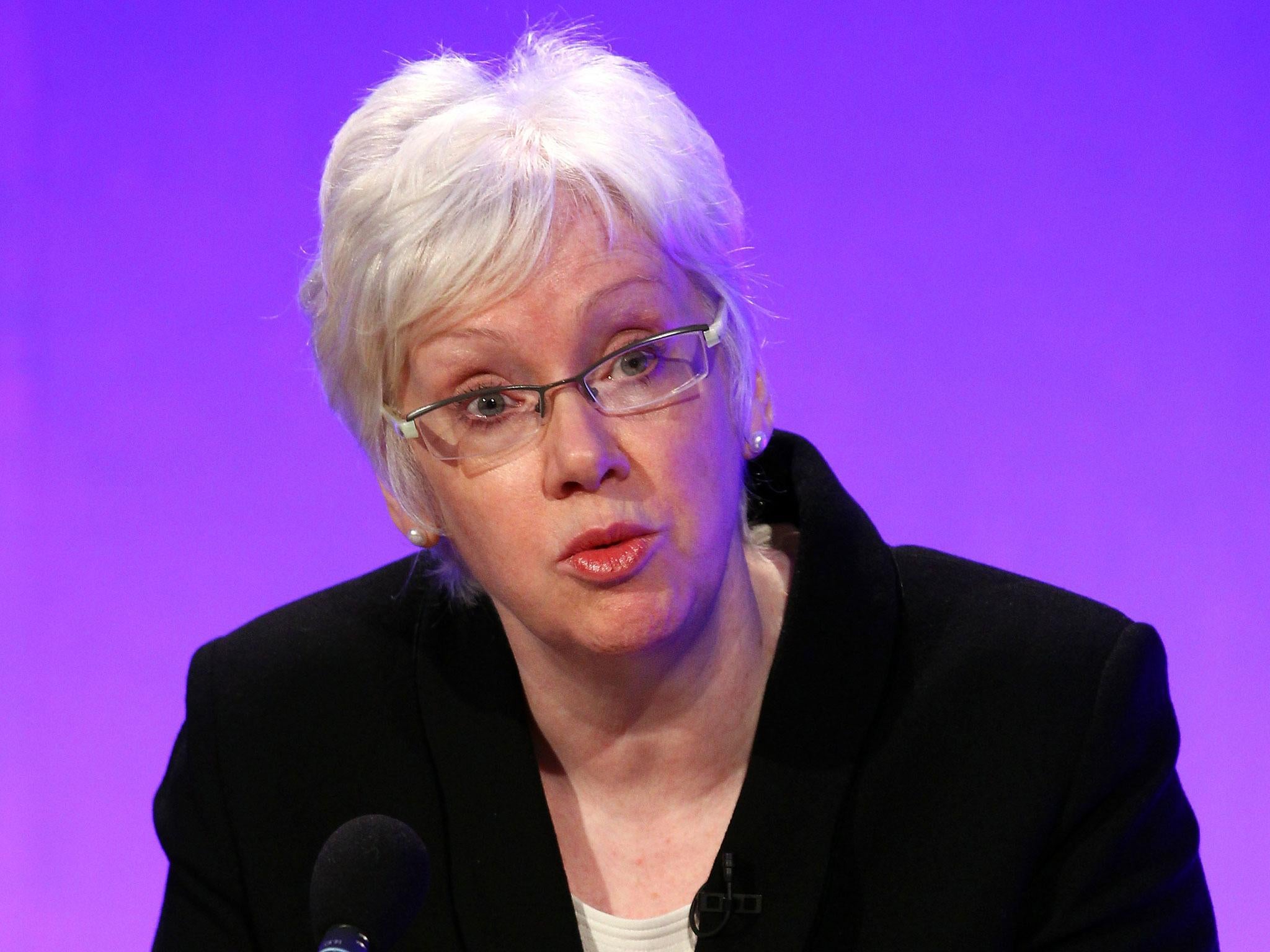Grainger chairwoman Baroness Ford steps down from first women-only board
Baroness Ford is to retire from her position as non-executive chairman of Grainger with Mark Clare taking over her position

Your support helps us to tell the story
From reproductive rights to climate change to Big Tech, The Independent is on the ground when the story is developing. Whether it's investigating the financials of Elon Musk's pro-Trump PAC or producing our latest documentary, 'The A Word', which shines a light on the American women fighting for reproductive rights, we know how important it is to parse out the facts from the messaging.
At such a critical moment in US history, we need reporters on the ground. Your donation allows us to keep sending journalists to speak to both sides of the story.
The Independent is trusted by Americans across the entire political spectrum. And unlike many other quality news outlets, we choose not to lock Americans out of our reporting and analysis with paywalls. We believe quality journalism should be available to everyone, paid for by those who can afford it.
Your support makes all the difference.A man has replaced Baroness Ford as the chairman of Grainger, breaking up the first all-female board of a FTSE company.
The 30% Club, which is campaigning to achieve 30 per cent female representation in boardrooms, hailed a “breakthrough” when Grainger, the UK’s largest listed residential landlord, became the first FTSE company to appoint women to its three most senior board positions in October 2015.
Over a year ago Vanessa Simms became the group finance director, joining the chief executive Helen Gordon. Meanwhile, the residential landlord’s board was chaired by Baroness Ford.
However, on Wednesday the company said that Baroness Ford will be retiring after serving a full nine years – the last two in the role of non-executive chairman.
She will be replaced next month by Mark Clare, the former executive of blue-chip housebuilder Barratt.

Helen Gordon, chief executive of Grainger said Ms Ford had been “instrumental in identifying the need for a step change” in the company’s strategic direction.
Efforts to appoint more women to the boards of Britain’s biggest companies have stalled, according to the Female FTSE Board Report.
While blue-chip FTSE 100 companies met a voluntary target of 25 per cent in October 2015 – up from 23.5 per cent in March 2015 – the proportion has not increased since then.
A review, chaired by Sir Philip Hampton, the chairman of GlaxoSmithKline, said the UK’s corporate governance code should be amended so that all FTSE 350 companies disclose their gender balance in their annual reports and accounts.
Jessica Uhl will join ranks of women rising to the boardroom level and become one of the most senior women in the male-dominated oil and gas industry, as she takes over the role of Royal Dutch Shell’s chief financial officer in March this year.
Join our commenting forum
Join thought-provoking conversations, follow other Independent readers and see their replies
Comments